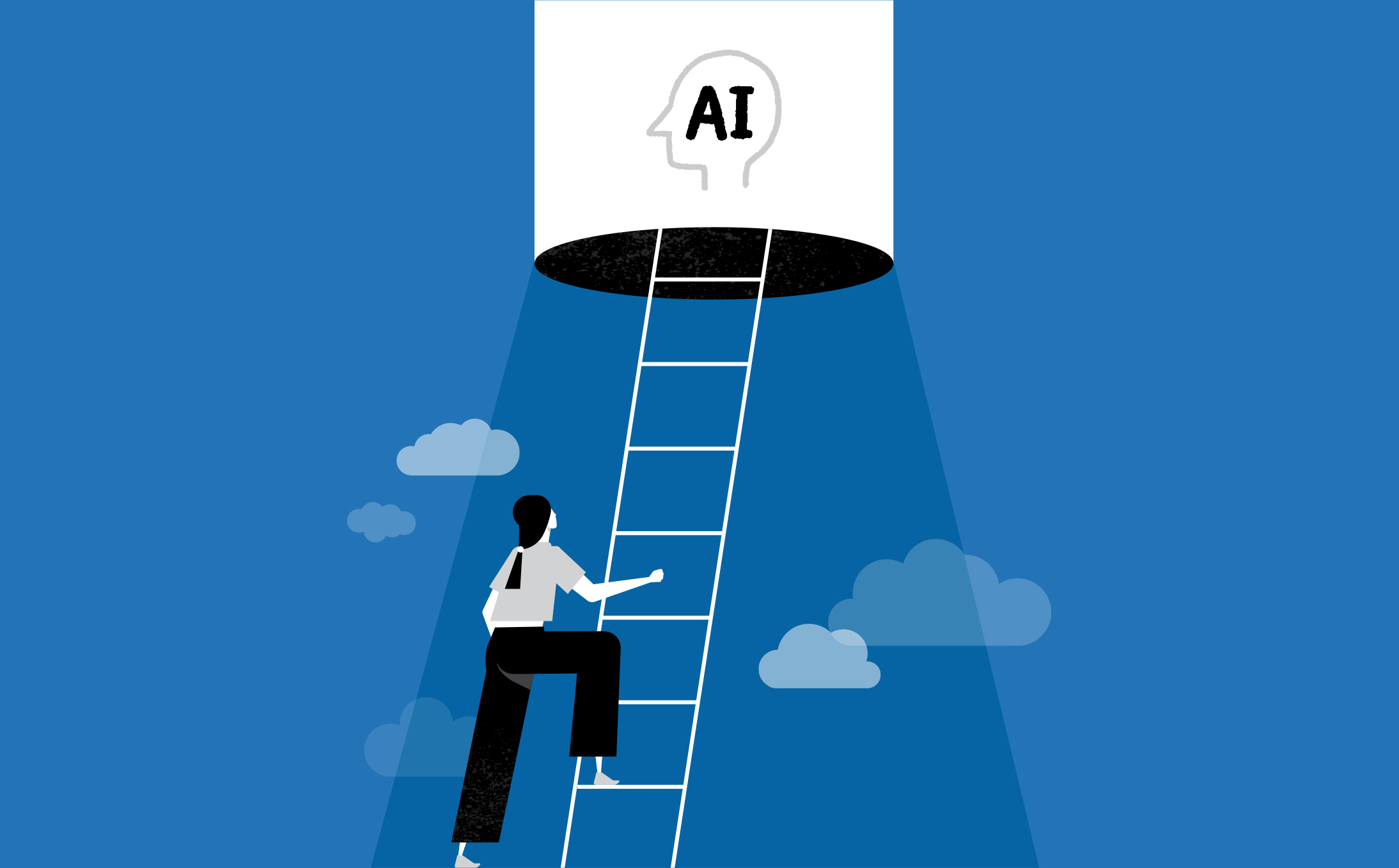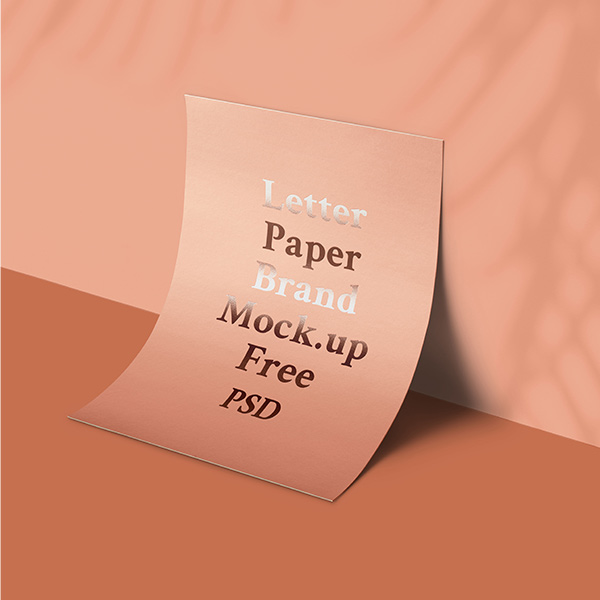
AI anxiety and the future of brands
I don’t think any of us can claim Nostradamus-like perception when we pronounce that Artificial intelligence (AI) is going to shape the business world we inhabit.
Yeah, yeah we know, we all get it now.
But as a brand owner what does all that really mean for you as you navigate your way through engagement and sales cycles? Given that the single biggest attribute of AI is to make the consumer’s life easier, it’s safe to say that expectations will be rising. Particularly around speed and cost: “yep, I’d like that faster and cheaper please.” The old adage of the service industries of ‘faster, cheaper, better – you can pick 2’ is dead now. At least it is in the eyes and ears of the consumer.
As new software does more of the thinking heavy-lifting for us, it will inevitably change how we as consumers interact with the brands that populate our lives. The more pervasive scenarios have AI making almost all our selections for us – regardless of the actual quality of the final product – an accusation that could cynically be leveled at what Google’s been doing for years. An algorithm is a tool that informs software afterall.
There probably is at least some chance that advanced AI will devalue higher value brands and could potentially even threaten the relevance of standardization accreditations or even trademarking. Hell, even our home smart devices can decide that we’re going to get a different brand of milk this week – without even asking our opinion on sustainable dairy practices.
While it’s easy to create brutal, dystopian scenarios centred around all the negative possibilities of machine learning, what about the full half of the glass? What about the opportunities robot thinking can create for brands looking to cement themselves into the core of their audiences’ lives?
The general rule of thumb is that the demand for a service or product is directly related to its quality and status of the brand. Artificial Intelligence may shift that somewhat and create a more challenging environment for bigger brand owners by muddying the waters around the selection of the more recognised products (and services) – immediately raising some questions about how criteria to make selections are being decided.
But, if AI is to be used to solidify and strengthen brands, how might that look going forward?
First up, connecting a brand with the right audience should be a lot easier.
AI can help with targeting and penetration through deeper insights relating to areas of consumer preferences and purchasing habits that can be garnered more efficiently. Better understanding of audiences, their needs, turn-offs and motivations should make sharp brands even pointier. And because AI very literally has its finger on the pulse of change and social shift, it should mean less surprises and fewer scratchy head moments.
Another benefit is around long term relationships.
Leveraged correctly, AI can solidify the bond between brand and patron – and really optimise the future of the customer experience – through enhanced methods of personalisation. Yes, I know this has been happening for a while now but, the possibilities to create uniquely, individually curated content in time and cost efficient ways is off the charts. AI can be central in developing the kind of emotional superglue that is the holy grail of any commercial venture.
The image of the brand will also be influenced by AI.
Original, creative genius is still going to be needed and with more of the mundane communications work being carried out by robots, more time and effort can be spent on the headline grabbing initiatives. More time for innovation. What’s not to like about that?
If AI tempts brand owners to be more creative in seeking to increase brand strength in inventive ways that can only make the offer stronger. Businesses that understand the power of good creative lead the way across the globe.
The recent media flap about ‘bad actors’ high-jacking AI and using it to bring the world to its knees is irritating and lazy journalism. I think they would have said the same about the internet, cars and probably forks.
New technology can be scary if you want to sensationalize it and while advances like AI present both opportunities and threats, it is best left to the people who will be using it and defining its future to respond and shift accordingly. Being wary of the threats is one thing. Allowing them to inhibit our ability to embrace the opportunities is another.










Leave a Reply